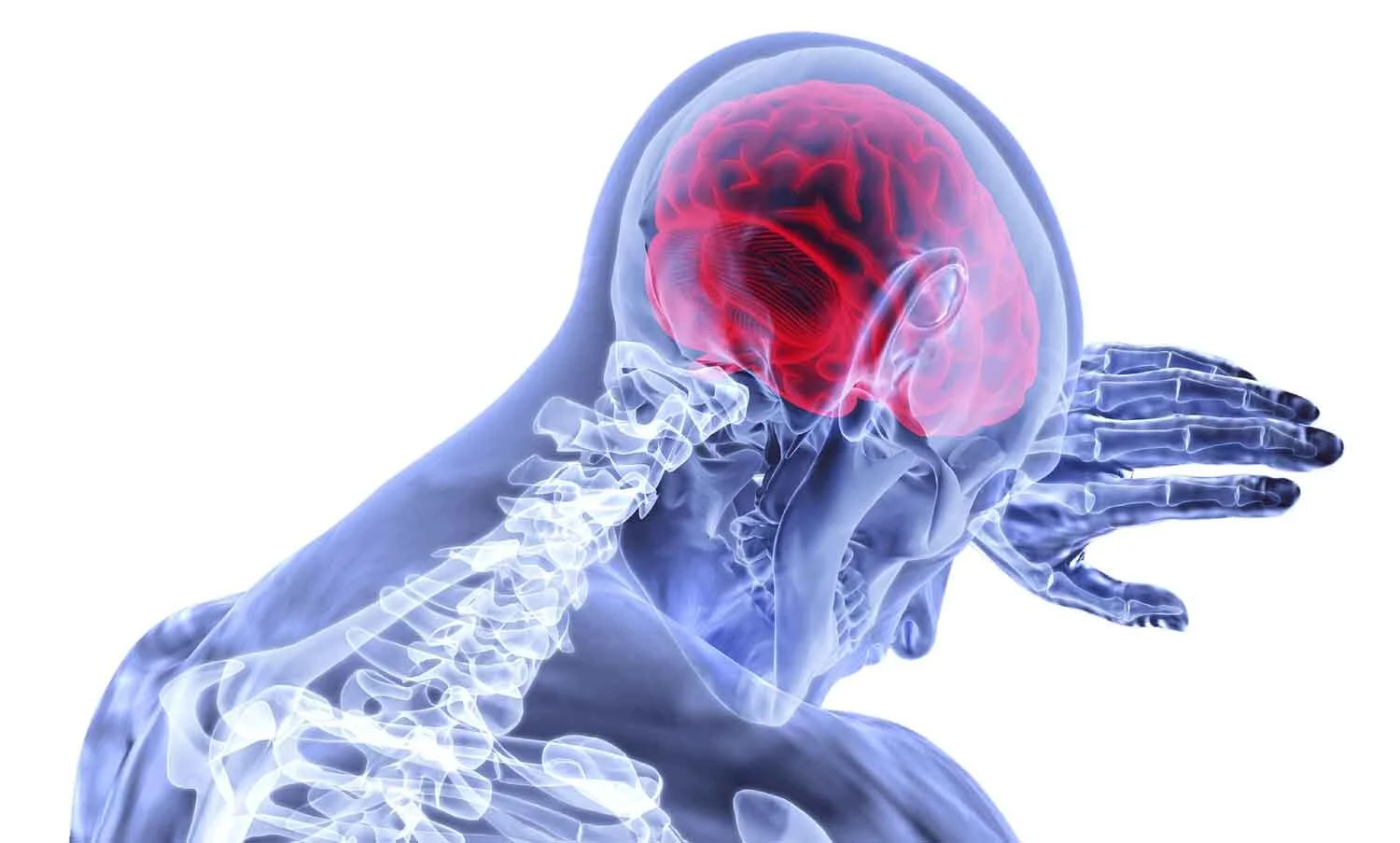What’s The Number One Sign Your Brain Is Exhausted?
Feeling sleepy is the brain’s way of saying it’s exhausted.
Unless you’re the terminator, you’ve probably noticed that the longer you’re awake, the more tired you get.
But before you dismiss your sleepiness as a sign of weakness to be obliterated with another cup of coffee, take a moment to consider why do we get sleepy at all? Until recently, it’s been a scientific mystery.
Sleep scientists have long known that sleepiness results when levels of the neurotransmitter adenosine increase in the brain. But what they haven’t known is why is adenosine released? What’s the trigger?
What Causes Us To Feel Sleepy?
Now a study by the University Of Texas Southwestern Medical Center has given us the answer - feeling sleepy is the brain’s way of telling itself it’s exhausted. Your brain is telling you it’s overworked and needs to take a break.
Basically, lots of neural activity in the brain's arousal centers triggers the release of adenosine. The adenosine, in turn, slows down neural activity in the arousal center areas. Because the arousal centers control activity throughout the entire brain, the process expands outward and causes neural activity to slow down everywhere in the brain.
The result? You feel drowsy and fall asleep.
Lead researcher Dr. Robert W. Greene explained:
"Neurons in the brain do things -- such as talk to each other, process information and coordinate body activities - which are called neural activity. When neurons do this over a long period of time, more and more adenosine is released and feeds back onto the cells to quiet them down. It's like telling them: 'You guys have worked too hard; take it easy, and refresh yourselves.' "
"What we have shown in our study is that it's this prolonged neural activity of being awake that causes adenosine levels to go up, which in turn makes a person feel drowsy. It's the brain's way of achieving a proper balance between the neural activity of waking and the need for sleep."
Showing that increased brain cell activity triggers drowsiness also explains how caffeine works in helping people fight sleep.
Caffeine in coffee and tea actually block the adenosine from signalling in arousal areas which prevents us from getting drowsy.
The study was published in Neuron (Brambilla et al., 2005).


